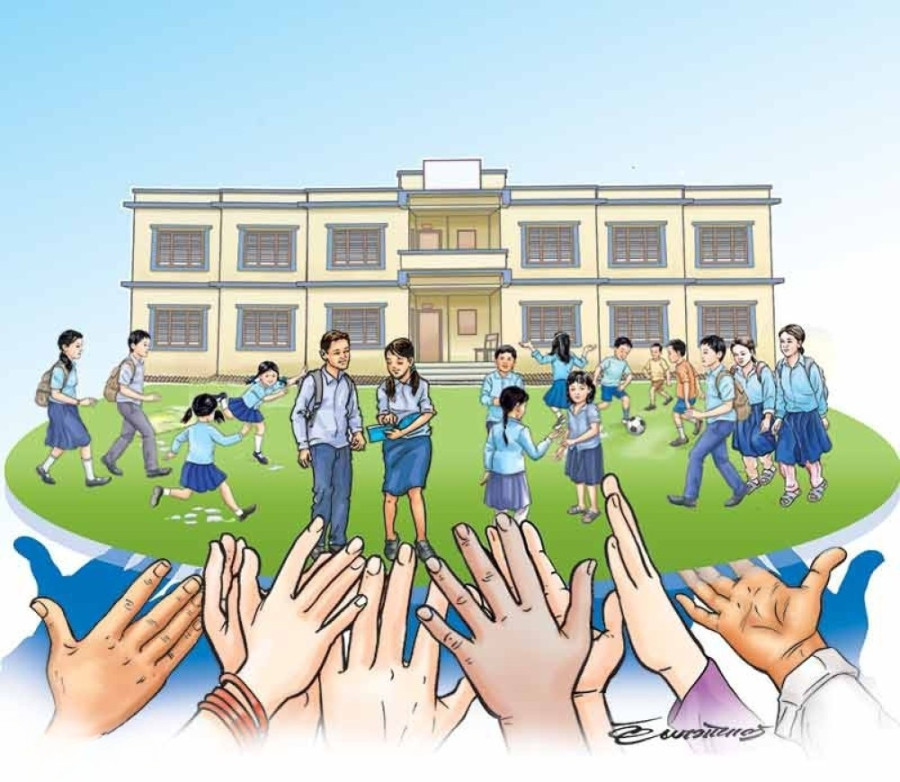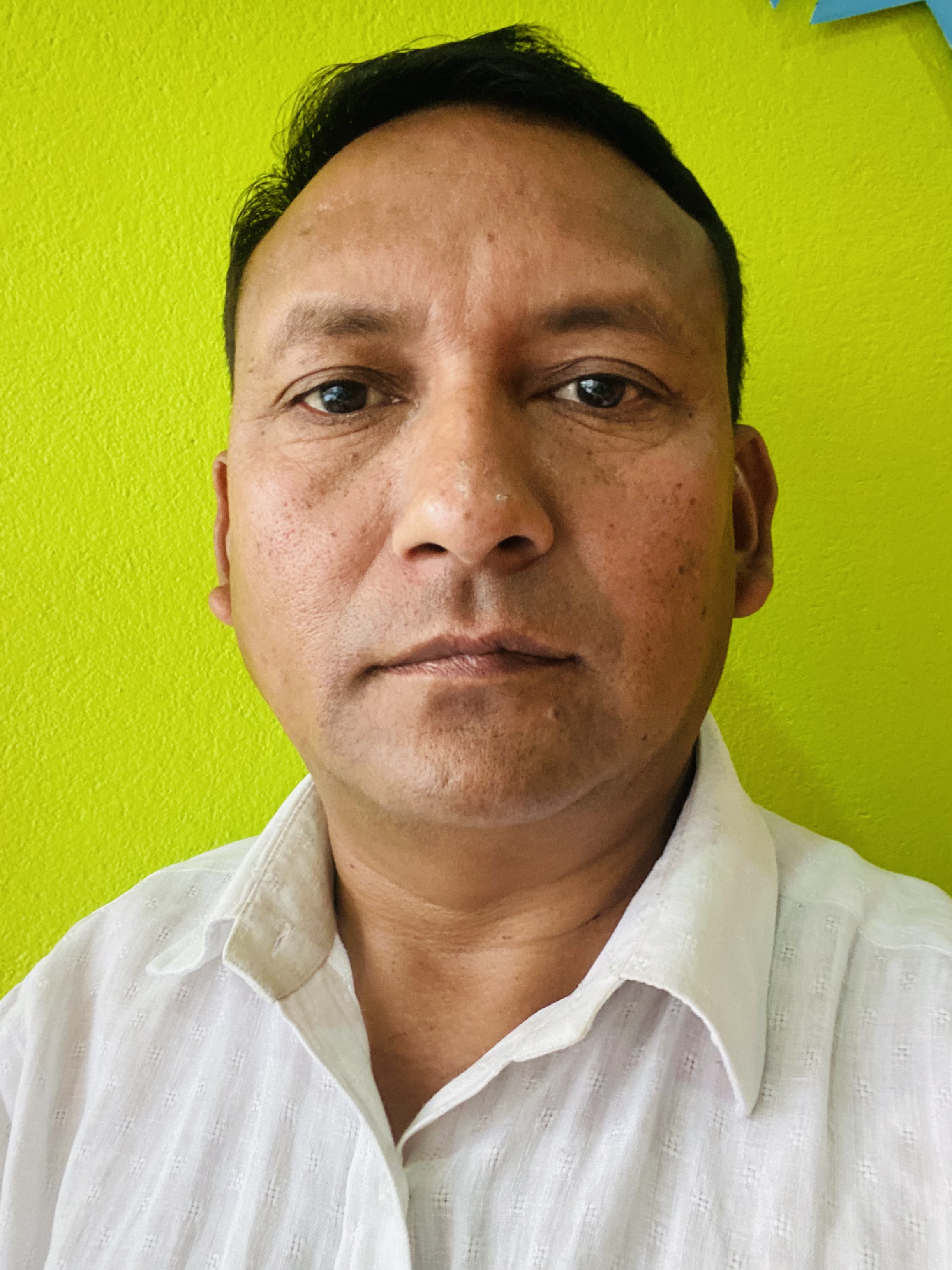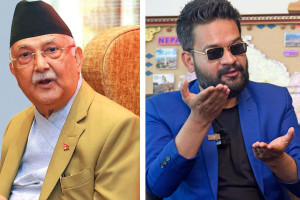Columns
Of teachers, students and school education
This is an opportune time to rethink our entire schooling system.
Mitra Pariyar
Public school teachers from across the country have been marching on the streets of Kathmandu for weeks now. They have put forward a set of demands vis-à-vis their careers. The government has yet to agree to their longstanding issues, including the enactment of the School Education Bill, intended to ensure teachers’ job security, timely promotion, minimum wages and trade union rights.
The media has extensively covered the teachers’ protests and their significance. Hopefully, the government will heed their calls. However, I believe this is also an opportune time to rethink our entire schooling system. This would apply to both private and public institutions.
Rethink our school system
In 2023, Oxford University Press published an interesting book, Anthropological Perspectives on Education in Nepal, edited by Karen Valentin and Uma Pradhan. The editors and contributors offer valuable ethnographic observations of the ground realities in Nepal, which, I would suggest, the Ministry of Education and policymakers must read.
I felt, however, that the book doesn’t adequately expose the deeply entrenched problems rooted in the ancient Gurukul system. Students are required to respect the teacher and their views wholeheartedly. “Be an obedient student” is common advice received by all Nepali students.
And obedience here doesn’t just mean behaving well in class. Students are required to listen and learn from the learned guru passively and submissively. There’s little room for critical thinking.
It’s almost a sin to question the teacher’s point of view. As in the ancient Gurukul system, students are required to listen to the teacher obediently and soak up his ideas like a sponge, and vomit the same in the exams. Still, there are many teachers who would disapprove of a different view of students in class.
Nepal would do well to heed the famous American anthropologist and public intellectual Margaret Mead’s advice: “Children must be taught how to think, not what to think.” This has been a big issue in Nepal, which must be rectified as soon as possible.
Incongruent with international education
I want to share my personal experience of acquiring higher education in the UK to emphasise my point about the need to change our traditional teaching methods and eliminate the culture of rote learning, and encourage critical thinking among school students.
Although born into a poor family in the remote hills of northern Gorkha District, I was fortunate enough to win a scholarship to attend Gandaki Boarding School in Lamachaur, Pokhara. It is a very good private school that is cheap with the support of the international charity, United Mission to Nepal. After completing my year 12 there, I pursued a BA in Social Work at St Xavier’s College, Kathmandu. The latter is another elite institution run by the Jesuit society.
Graduating from St Xavier’s in 2001, I worked for the British Embassy in Kathmandu for seven years. I then had the extraordinary opportunity to pursue my Master of Philosophy (MPhil) in social anthropology at Oxford University.
I believed that my education at Nepal’s elite schools, combined with my work experience with British diplomats, had developed my language and academic skills to a level that was adequate for an Oxford degree. But I was completely wrong. What I encountered at Oxford was a completely new system of education, where I was asked to write a well-argued essay in a relatively short period after reading at least 12 or 15 academic books and journal articles.
I then realised that schools and colleges in Nepal were mostly preoccupied with completing a long syllabus handed down by the government and/or university authorities. And we were never taught how to plan, structure and write academic essays, nor how to use reference materials.
And, importantly, we never learnt how to think critically. Teachers were to be respected as the gurus, not questioned. Their views were final. If you wanted good grades, you’d better note down and regurgitate what they’d said in class!
I had performed well in my exams in Nepal, both at school and college, simply because I had memorised facts from the books and notebooks and effectively regurgitated them. I was good at memorising and paraphrasing—that’s all!
Our schools and colleges do not teach students to reflect on a topic independently and critically, nor do they help them develop their own viewpoints and ideas on the subject. This may be particularly beneficial for hard sciences and mathematics, of course. Unsurprisingly, our elite schools have excelled in the art of mass producing doctors and engineers, but they haven’t been able to produce clever thinkers and visionary politicians.
I doubt much has changed in the two decades. I hear principals and teachers of some good colleges complaining about the lack of academic writing skills of students. It’s even more challenging for students in government-run schools, where facilities are often minimal and teachers lack adequate training. And, of course, as evident from the teachers’ unions shouting from the streets of Kathmandu, the teachers lack motivation and encouragement to spend their lives in it.
A bibliophobic society
A very unscientific system of education in our schools has given rise to an entrenched problem of book phobia. I might call this a kind of mass bibliophobia, where books are to be either worshipped, such as the Vedas and Puranas, or simply put aside.
Many Nepalis are fearful of books. That fear is instilled very early on, right from primary school. It’s easy to see how this has happened. Just look at the kids going to school every morning, carrying school bags heavier than their weight!
There are lessons after lessons every day. And there are study hours, both morning and evening, especially in private boarding schools. They have to complete loads of homework every day anyway. Often they receive home assignments on weekends and holidays, too.
Those tasks involve constant memorising and calculating. There’s no time to enjoy literature, such as novels, poems, works of fine art, photography or movies. There’s no time to imagine and reflect on certain scientific principles and theories. There’s no room for critical thinking.
Thus, nearly all students come to dread books. They just hope to get by and get good grades, and join a good college. That’s what their teachers want; that’s what their parents expect. If a child doesn’t work hard enough, he or she is scolded and humiliated in front of other kids.
Thus, most people are disinclined even to touch a book once their formal education has been completed. We see very few people enjoying a good story book or novel. Reading culture has struggled to evolve here.
To change the situation and create a society that loves books, we must revamp our school system, starting with early education. Maybe that should be our next peaceful movement on the streets of Kathmandu once the teachers have achieved their goals.




 10.12°C Kathmandu
10.12°C Kathmandu















